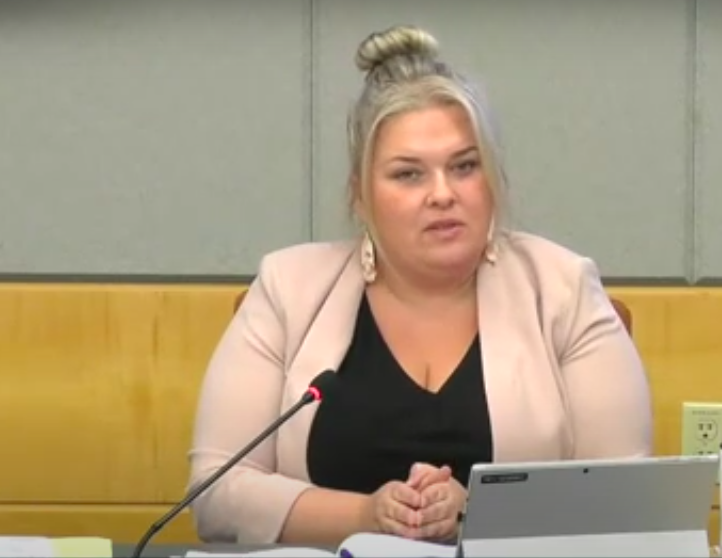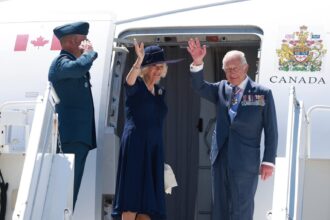In an unprecedented move signaling growing concerns about educational outcomes, NWT Education Minister R.J. Cleveland announced yesterday the launch of a formal investigation into the Dehcho Divisional Education Council. The probe comes amid mounting questions about administrative practices and student achievement levels that have troubled parents and community leaders across the region for months.
“We’ve reached a critical juncture where intervention has become necessary,” Minister Cleveland stated during a press conference at the Legislative Assembly in Yellowknife. “The well-being and educational success of students in the Dehcho region must be our primary focus, and this investigation aims to identify challenges and implement meaningful solutions.”
The investigation will examine several key areas within the education district, including financial management, educational programming effectiveness, staffing practices, and overall governance structures. Independent investigators are expected to begin their work immediately, with preliminary findings anticipated within 90 days.
Community response has been mixed but predominantly supportive. Sarah McLeod, parent of two students in Fort Simpson, expressed relief at the announcement. “For years, we’ve watched graduation rates decline while administrative turnover increased. Something needed to change,” she told CO24 News in a telephone interview.
The Dehcho region has faced unique educational challenges, including difficulties in recruiting and retaining qualified teachers, particularly in specialized subjects. According to territorial education data, student attendance rates in the region have fallen below territorial averages for three consecutive years, while standardized test scores have shown concerning downward trends.
“This isn’t about assigning blame,” clarified Cleveland. “It’s about understanding what’s happening and developing a collaborative approach to improvement that respects Indigenous knowledge systems while ensuring students receive the quality education they deserve.”
Regional leaders have cautiously welcomed the investigation while emphasizing the importance of community involvement. Chief Stanley Sanguez of the Jean Marie River First Nation noted, “Any process that affects our children’s education must include meaningful consultation with communities and respect for our traditional knowledge and priorities.”
The investigation represents part of a broader territorial effort to address educational disparities across the North. Similar reviews have previously been conducted in other regions, resulting in significant structural and programmatic changes designed to better meet student needs.
Education specialists point out that the Dehcho situation reflects challenges faced by many northern and remote educational districts across Canada. Dr. Margaret Paulson, education researcher at the University of Alberta, explains, “Remote educational districts often struggle with resource allocation, staff retention, and implementing culturally responsive programming. The NWT’s willingness to address these issues directly could provide valuable insights for similar regions.”
As the investigation proceeds, the Education Department has committed to regular public updates and community engagement sessions. For students and families in the region, the critical question remains: Will this intervention finally bring the stable, high-quality educational environment that Dehcho communities have long advocated for, or simply add another layer of review without substantive improvement?


















